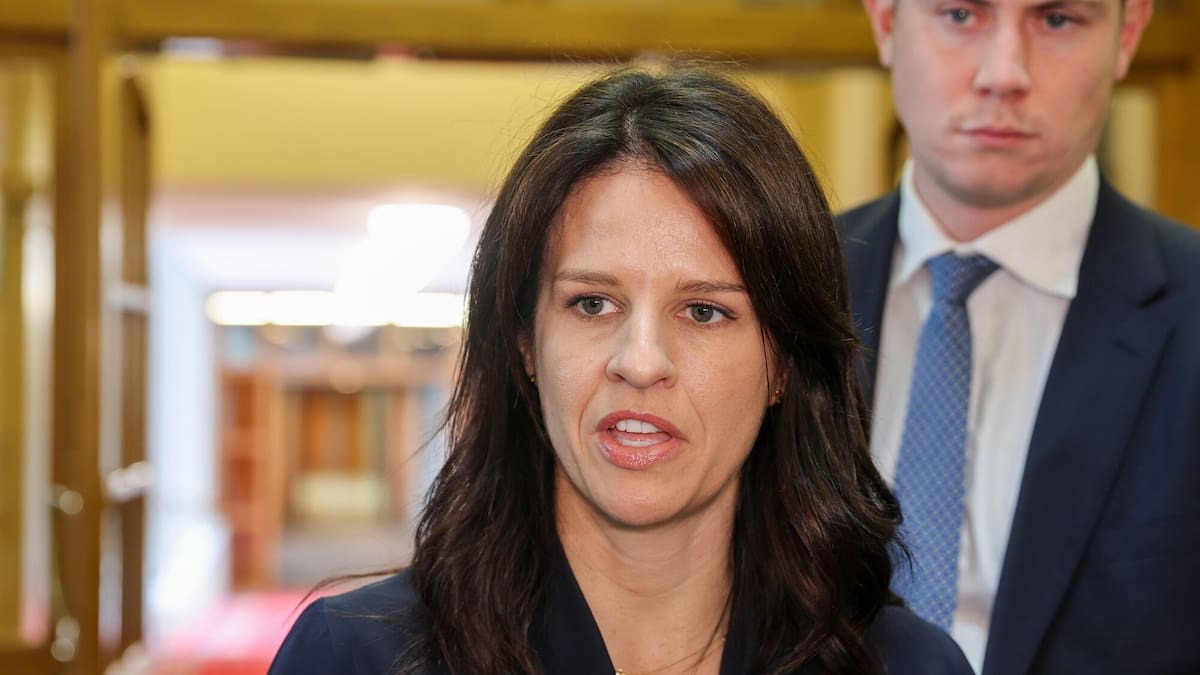A judicial review asks for a judge to review an action or a decision that has been made under a legal power. The judge must consider whether the way the decision was made was in line with the law.
NZEI Te Riu Roa president Ripeka Lessels, a former resource teacher of Māori, said teachers and their colleagues were heartbroken over what had happened.
New Zealand Educational Institute Te Riu Roa president Ripeka Lessels. Photo / NZEI
“I find it very hard to understand why you would cut the numbers of frontline Māori education roles or specialist literacy roles when the Government says it is prioritising literacy.”
AdvertisementAdvertise with NZME.
Although the Government had introduced some new education roles, the overall Māori education package funded in the Budget reduced numbers in the Māori education workforce by 31 fulltime equivalent (FTE) roles, she said.
And despite an increase in structured literacy staffing, the overall literacy support workforce had been reduced by 43 FTE roles.
“I look forward to seeing whether the court believes the consultation with these teachers was fair and genuine, whether the decision was pre-determined, and whether the Government has upheld its obligations under Te Tiriti o Waitangi.”
Stanford’s office said the minister would not be commenting on a matter before the courts.
Julia Gabel is a Wellington-based political reporter. She joined the Herald in 2020 and has most recently focused on data journalism.
SaveShare this articleCopy LinkEmailFacebookTwitter/XLinkedInReddit

